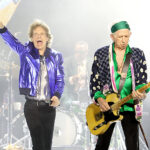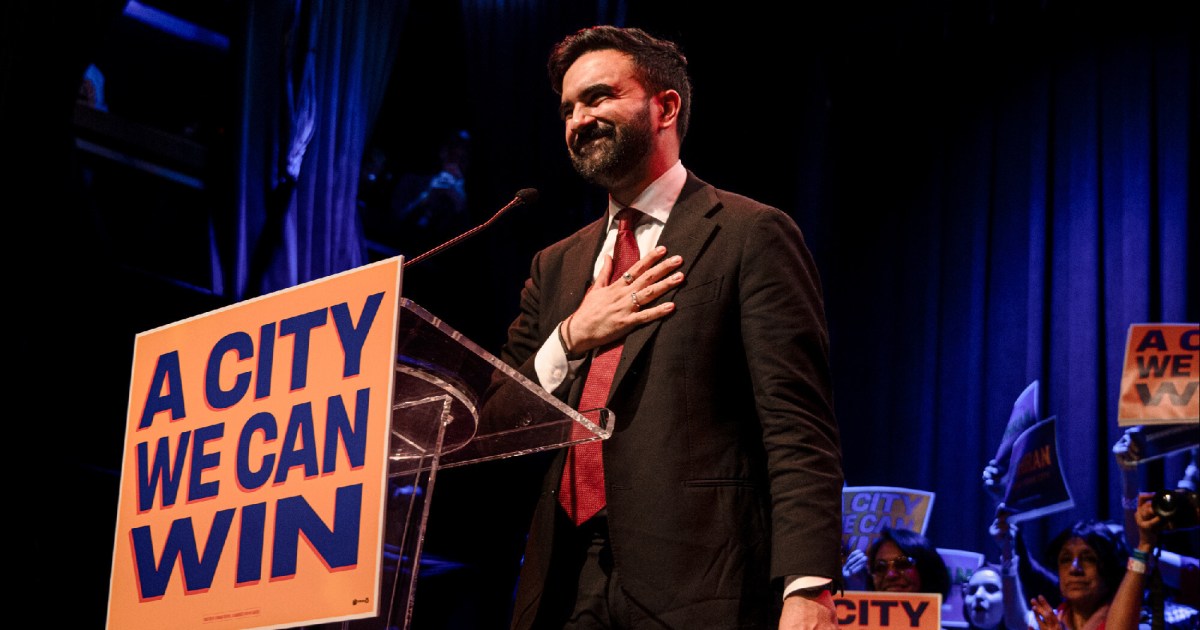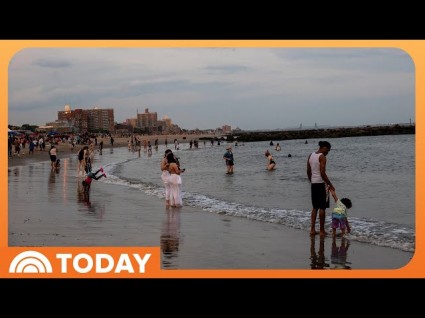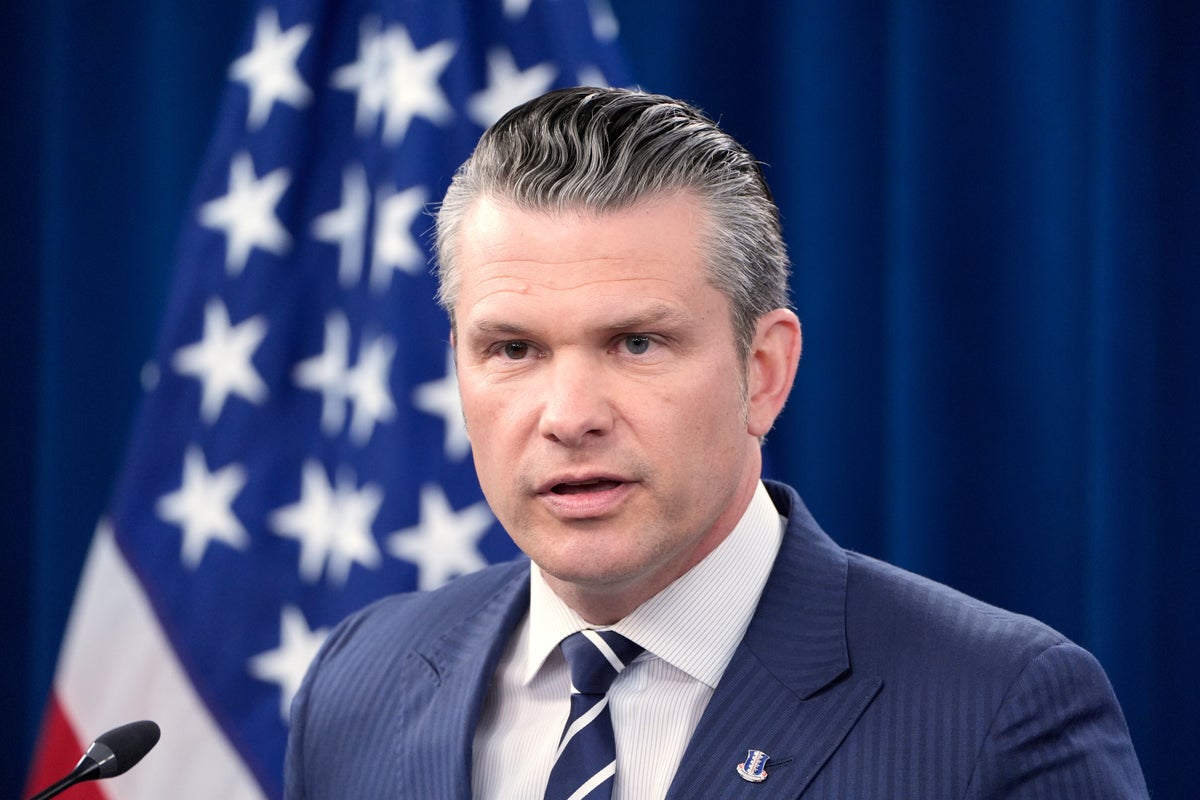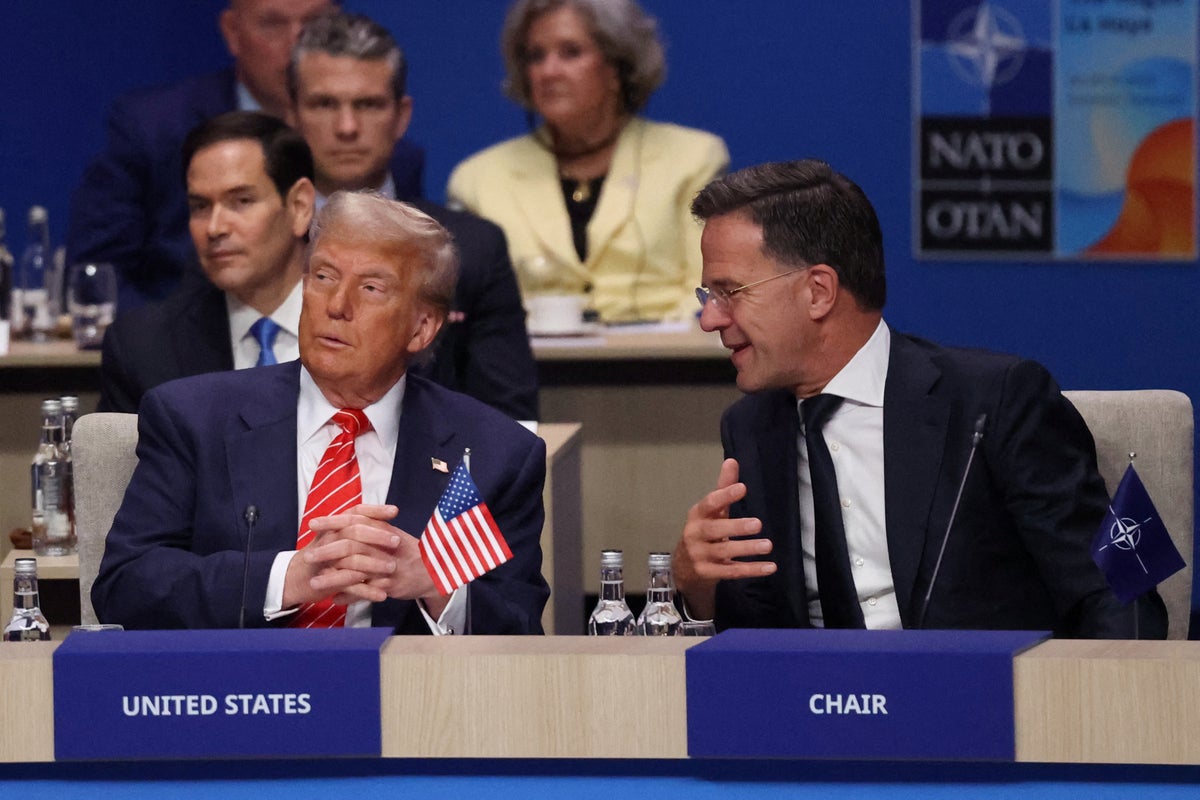It would be an understatement to say that Zohran Mamdani was a bit of an unknown when he began his campaign for mayor of New York City. As recently as January, the democratic socialist state assembly member from Astoria, Queens, was polling at just 1 percent in some polls. But now Mamdani is poised to make history.
Mamdani held a commanding lead over former three-term Gov. Andrew Cuomo after the first round of voters were counted on Tuesday. The race won’t officially be over until the ranked-choice votes are tabulated next week, but Cuomo himself seemed to concede there was too much ground to make up, saying, “Tonight is his night. He deserved it. He won.” The result, if it holds, is a seismic event not just for the city but for the Democratic Party, making the 33-year-old the clear frontrunner heading into November.
As I explained in a story this week, and on a recent episode of Reveal, the mayoral race was the first really big primary since everything fell apart for the party last November, and it was unfolding in a city where Democratic support collapsed—at least at the presidential level. In neighborhoods like Corona, Queens, Donald Trump carried precincts he’d previously gotten just a quarter of the vote. Mamdani leaned into this uncertainty about the party’s direction. He soft-launched his mayoral campaign just a few days after Trump’s victory, with a series of man-on-the-street interviews in diverse outer-borough neighborhoods that had swung sharply toward the president.
Anyone could name his core policy proposals: free buses, free child care, and a rent freeze.
It was a glimpse of the race to come—a camera-ready, ubiquitous candidate zeroing in on a core message of affordability. Anyone could name his core policy proposals: free buses, free child care, and a rent freeze. This sticky economic message allowed him to broaden his appeal beyond the lefty enclaves along the East River where democratic socialists have thrived and tap into broader dissatisfaction with the state of the city among a wide range of voters. As he told my colleague Serena Lin in a profile in March:
“The directness of our politics requires no translation. Our campaign is driven by a belief that, while there may not be an ideological majority in New York City, there is a majority of New Yorkers who feel left behind by the economic policies of this mayor and by politics today.”
It helped that Mamdani was everywhere. At Knicks games. On podcasts. Last Friday night, he walked the entire length of Manhattan. Stuck in Albany for the legislative session, Mamdani confronted Trump’s deportation czar at the state capitol over the Trump administration’s detention of former Columbia University graduate student Mahmoud Khalil.
In a party divided over how to push back against Trump and what fights to pick, Mamdani offered a clear sense of direction.
Cuomo, by contrast, ran like the damaged goods he was. The former governor, who resigned his office in 2021 after a state attorney general’s office investigation found he had sexually harassed 11 women (charges he denied), pitched himself as the savior of a declining and scary New York. His own campaign launch video—which clocked in at more than 17 minutes—warned of graffiti, migrants, and “mentally ill” people on the subway. It was the case for Christopher Nolan’s Batman—with Bruce Wayne’s money lined up behind him. Some of the richest people in the city, and across the country, pumped tens of millions of dollars into super-PACs that sought to cast Mamdani as too radical for the city. But while Cuomo entered the race as the favorite, he never really picked up much new support. He was largely missing on the campaign trail, dogged by questions about his residency and past scandals.
Maybe it shouldn’t have as come as so much a shock that voters went with the new guy.
The implicit and sometimes explicit case for Cuomo was that progressives had led the city and the party astray. But he—and the donors and editorial writers who stood behind him—were in denial about what Democrats in the city were looking for. In the battle between a generational political talent and a creep from the suburbs they just threw out in disgrace, well, maybe it shouldn’t have as come as so much a shock that voters went with the new guy.
If Mamdani clinches the Democratic nomination, he’ll be the clear favorite heading into a general election that includes Republican Curtis Sliwa and current Mayor Eric Adams. But there’s still one big variable left. Cuomo—the founder of the “Women’s Equality Party” back in the day—has already secured his own ballot line to run on in November (the “Fight and Deliver” party), and still could take advantage of the city’s lack of a sore-loser law. In which case, buckle up for Round Two.



